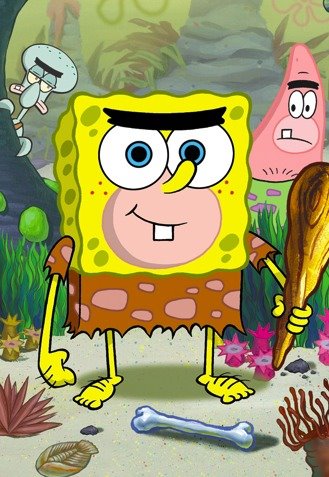1. What is the setting of this story? The setting of this story is on a Reservation in North Dakota (1970).
2. What is the main character's opinion on the army and his brother's involvement? The main character's opinion on the army and his brother's involvement was that when Henry finally came home, he was totally different. The different wasn't for the better, and he was so quiet. They used to seat around all day and just hang out, talk with each other. But Henry doesn't like to sit around anymore, he's always moving around and going places. He never even laughed anymore, and he used to make jokes all the time. He just turned mean when he came back.
3. Provide an analysis behind the symbolism of the red convertible. Include a definition of symbolism in your answer. The red convertible symbolizes how Henry used to be. It makes Lyman remember all the good times they shared together. They were together when they first saw the car, and when they first bought the car. They went places together in that car, and traveled one whole summer together.
4. This short story was written in 1984. Based on events that occurred during the 1980s, explain why the author may have developed certain plot elements/ literary devices in the story. This story was in the 1980s which was during the Vietnam War. But, the book was written in 1984 which was the same date as when the Vietnam War Memorial was opened in Washington D.C. I think she used this as inspiration to write the story, since it was written in the same time as the Vietnam War and the Memorial made for it.
